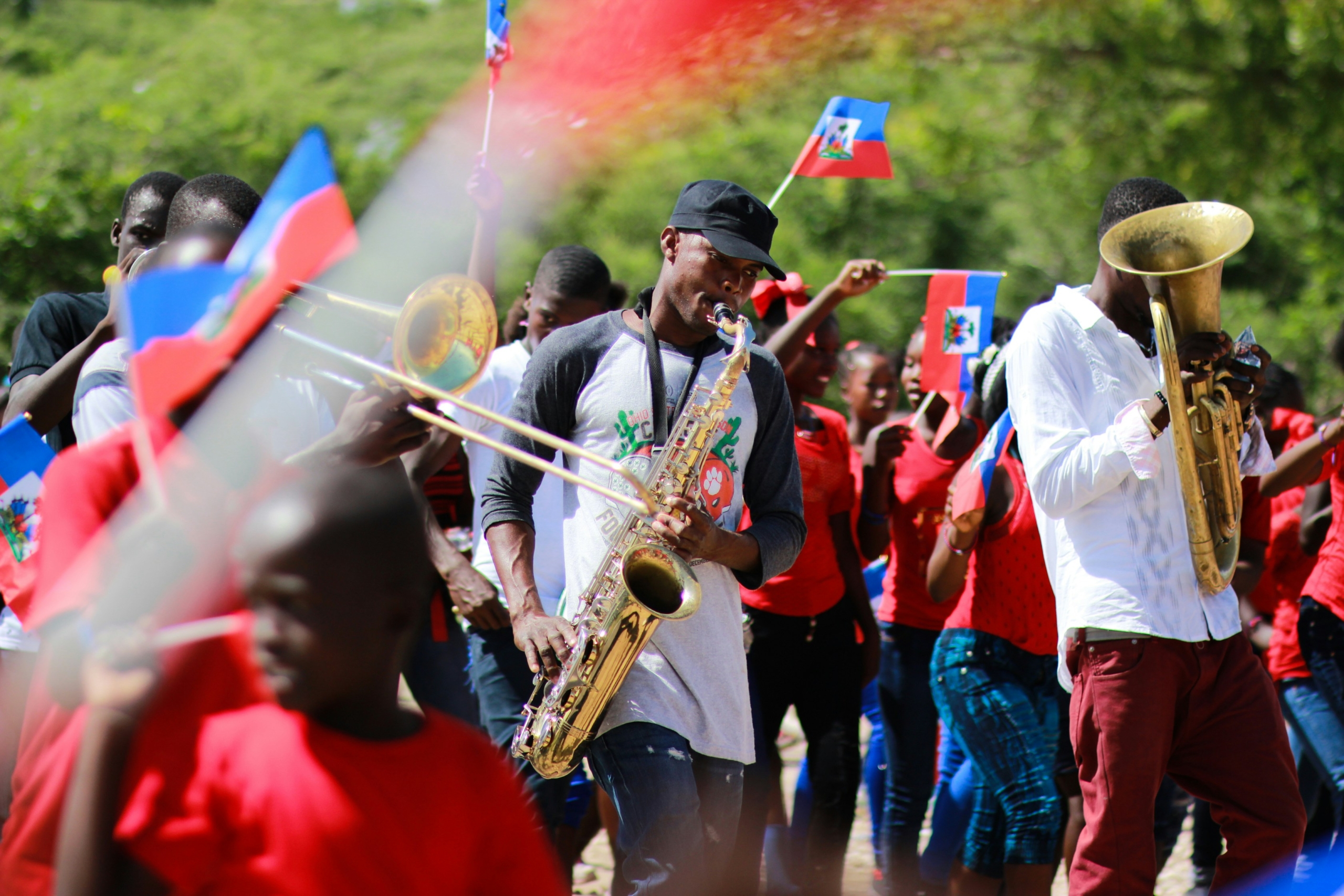Haiti Remains Resilient
 Despite having faced multiple challenges and with “more than half of its population living below the poverty line,” the people of Haiti remain resilient. Haiti was once the wealthiest colony in the Americas producing sugar, coffee, cacao, cotton and indigo. Today Haiti is the poorest country in Latin America and the Caribbean region. As of 2023, some 4.4 million people, 40% of Haiti’s population, are facing acute food insecurity according to the United Nations (UN) Humanitarian Affairs Agency, Office for the Coordination of Humanitarian Affairs (OCHA). In 2022, Haiti ranked 163 out of 191 countries on the United Nationals Human Development Index.
Despite having faced multiple challenges and with “more than half of its population living below the poverty line,” the people of Haiti remain resilient. Haiti was once the wealthiest colony in the Americas producing sugar, coffee, cacao, cotton and indigo. Today Haiti is the poorest country in Latin America and the Caribbean region. As of 2023, some 4.4 million people, 40% of Haiti’s population, are facing acute food insecurity according to the United Nations (UN) Humanitarian Affairs Agency, Office for the Coordination of Humanitarian Affairs (OCHA). In 2022, Haiti ranked 163 out of 191 countries on the United Nationals Human Development Index.
Today the country needs economic growth. Although humanitarian assistance could alleviate some urgent needs it does not address the root of the current economic and political paralysis Haiti faces. Eradicating poverty is vital to Haiti’s economic growth. The existence of poverty leaves Haiti open to corruption and impedes the growth of the economy. Poverty in Haiti is so excruciating that most of the Haitian population finds it almost impossible to meet their basic needs such as shelter, health care and food.
International Support
The United Solar Associates partnered with the Ministries of Aides International Organization and delivered an “Off-Grid Photovoltaic System” designed by the Department of Electrical Engineering, University of Massachusetts. The system was installed at the Port-Margot School Solar Project in Haiti to eliminate the existing problem of intermittent electricity. Students and residents will benefit from reliable service of electricity to their computers, copiers and printers in the computer learning center.
Furthermore, the Ministry of National Education registered “more than a million students, more than 17,000 schools and more than 30,000 teachers” in its 2023 data collection.
In addition, the University of Miami (UM) Miller School of Medicine physicians and staff treated more than 250 critically injured within 48 hours of arriving in Haiti after the 2010 earthquake. Subsequently, they have provided telemedicine consultations, fundraising and communications support.
Post-Earthquake Projects
Next, the World Bank provided support to Haiti following the 2010 earthquake and the 2016 hurricane has achieved significant results. Moreover, there are 18 active projects focusing on energy, education health, agriculture, water, infrastructure, disaster risk management and sanitation and the World Bank has invested more than $1.2 million as of October 2023, according to its website.
Finally, the International Development Association (IDA) financed 456,000 tuition waivers for Haiti residents and developed a school feeding program that will provide meals to over 23,000 students. IDA’s intervention also provided cholera education and prevention training to more than 3 million people. In 2011, there were 350,000 cases of Cholera. Since 2019, there have been “no laboratory-confirmed cases.”
“The Heart Has a Memory”
Scholars argue the truth to be found in Friedrich Nietzsche’s statement, “That which does not kill us makes us stronger.” Perhaps the memory of having once been the richest colony is the root of Haitian resilience. “The heart has a memory of its own and it has forgotten not one thing; and yet, all seems to slip away in the blink of an eye.”
– Pamela Fenton
Photo: Unsplash
